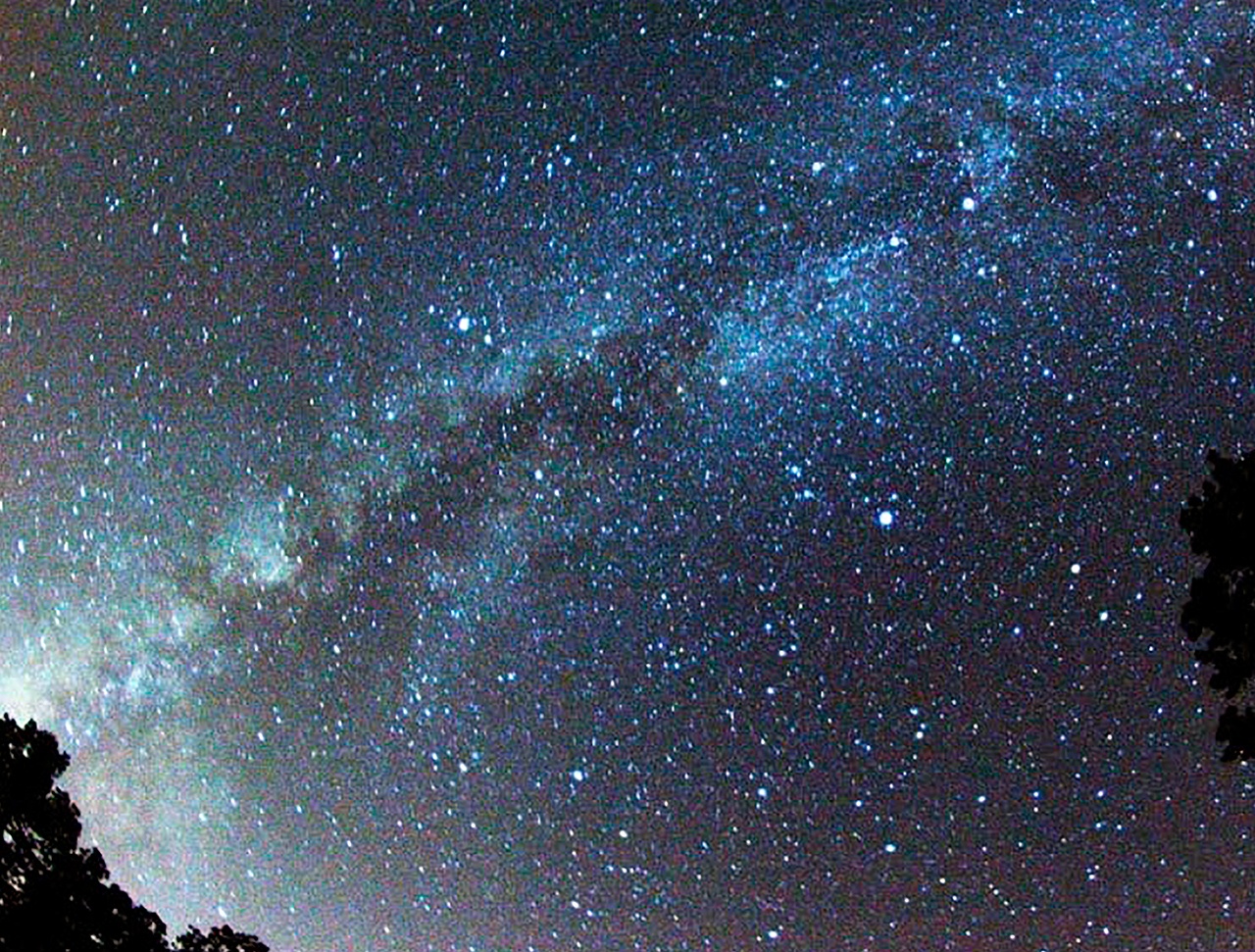This is absolutely the last weekend of summer, even though signs of autumn are everywhere.
Astronomical summer switches over to astronomical autumn at 7:21 a.m. Thursday, the moment of autumnal equinox. At that time the sun’s daily arc across the sky from east to west slips below the celestial equator, a projection in the sky of the Earth’s terrestrial equator. That basically means that the sun’s daily path of in the sky will stay completely in the southern half of the sky, and will continue to progress lower and lower until the first day of winter in December. As that happens the east to west arc will also become shorter and we’ll lose even more daylight hours. That suits me just fine, as the night for stargazing becomes longer and the stars are out earlier in the evening.
You’ve no doubt heard that the first day of autumn also means that days and nights are equal in length. That’s why it’s called the equinox. Actually, that’s not exactly true. In Snohomish County, this Thursday sunrise is at 6:56 a.m. and sunset is at 7:05 p.m. We still have more than eight more minutes of daylight than nighttime. The Earth’s atmosphere causes this to happen. The sunlight along the horizon has to plow through a lot thicker layer of air than it does higher in the sky. The thicker atmosphere near the horizon bends the sun’s rays so much that the sun may appear above the horizon when it’s actually below it. This is called astronomical refraction. Days and night actually become equal on Sept. 25.
A great way to kick off the autumn stargazing season is to make a date to get out in the dark skies of the countryside if you’re not already living out there. I would hold off this stargazing adventure until later this week or next weekend because for the next several nights we still have a waning full harvest moon whitewashing the early evening skies.
I guarantee that this will be a treat you’ll remember for a long time, no matter if you’re by yourself or with family or friends. Bring the blankets, the binoculars, star charts, snacks and beverages, and be prepared to sleep in the next morning. Even better, turn this into an overnight campout.
It will be a great show. The clear autumn skies are more transparent because there’s much less humidity in the air.
Mike Lynch is an amateur astronomer and professional broadcast meteorologist for WCCO Radio in Minneapolis and is author of the book, “Stars; a Month by Month Tour of the Constellations” published by Adventure Publications .
Talk to us
> Give us your news tips.
> Send us a letter to the editor.
> More Herald contact information.

























